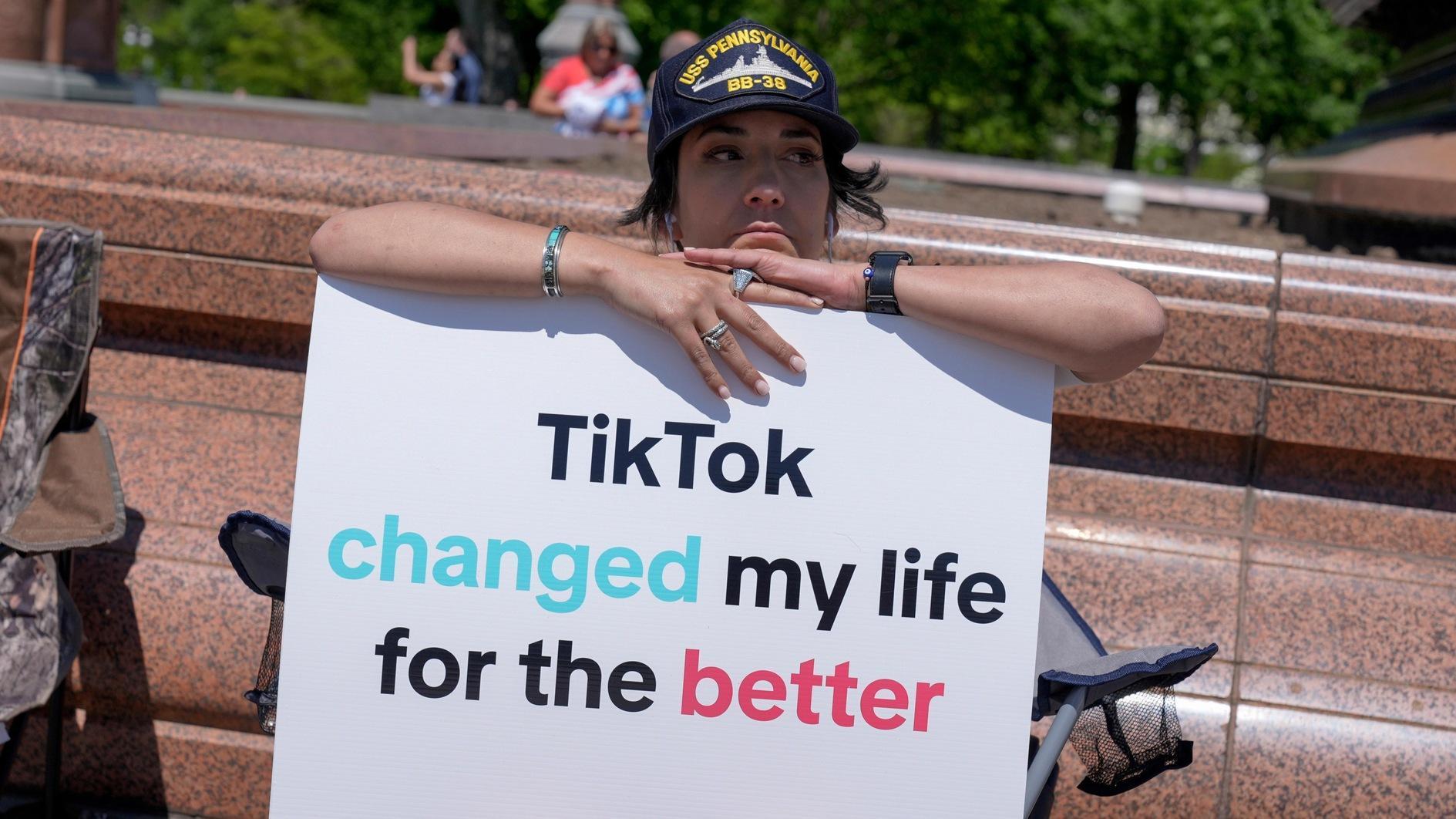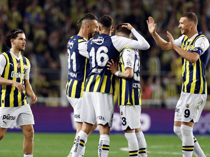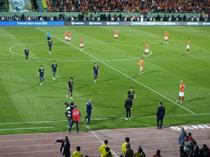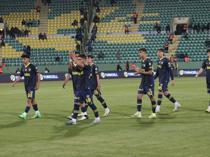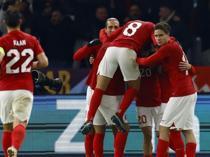Sports to remain in focus even after Qatar handover
James M. DORSEY
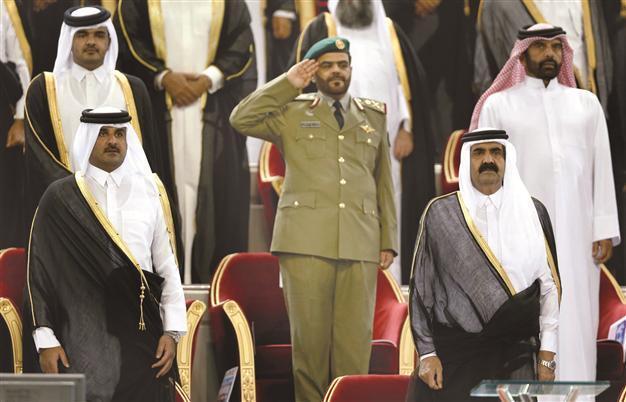
Iran’s Javad Nekonam (R) and Mojtaba Jabari fights for the ball with Qatar’s Talal al-Bloushi (C) during an Asian qualifying match for the 2014 World Cup. REUTERS photo
Conventional wisdom predicts that 33-year-old Sheikh Tamim bin Hamad al-Thani will adhere to his father’s use of sports as a key foreign, defense and security policy tool to embed Qatar in the international community. Experts and pundits suggest that Sheikh Tamim at best will nibble at the fringe of his father’s at-times bold policies by expanding the government’s focus on domestic issues.Sheikh Tamim has demonstrated his interest in sports as head of the Qatar Olympic Committee and by creating Qatar National Sports Day, a popular annual event on Feb. 14. That move coupled with his chairing of the Supreme Education Council lies at the core of the suggestion that he will focus not only on the emirate’s regional and global projection but also on its domestic affairs.
As always, the devil is in the details. No doubt, outgoing emir Sheikh Hamad bin Khalifa Al-Thani will be remembered as a visionary who put his tiny country on the world map by winning the right to host the 2022 World Cup and creating a sports industry, changed the Middle East with the creation of the Al-Jazeera television network, offered the Gulf an alternative vision of leadership by stepping aside to make place for a younger generation, and turned Qatar into a nation with the world’s highest income per capita of the population.
Conservative segments of Qatar, to whom Sheikh Tamim is believed to be close, have questioned some of the side effects of the emir’s policies, including:
- Huge expenditure on a bold foreign policy that put Qatar at the forefront of regional demands for greater freedom and change, but also earned it significant criticism and established sports in general and football in particular as one of its key pillars. That policy is being called into question by the ousting from office by the military of the Qatar-backed Muslim Botherhood.
- Unfulfilled promises of change that would give Qataris a say in where their country is going.
- A stark increase in foreign labor to complete ambitious infrastructure projects, many of which are World Cup-related and have exposed Qatar for the first time to real pressure for change.
- More liberal catering to Western expatriates by allowing controlled sale of alcohol and pork.
- Potential tacit concessions Qatar may have to make to non-Muslim fans during the World Cup, including expanded areas where consumption of alcohol will be allowed, public rowdiness and dress codes largely unseen in the Gulf state, and the presence of gays.
Club ownership
A discussion in Qatar about possibly transferring ownership of football clubs from prominent Qataris, including members of the ruling family, to publicly held companies because of lack of Qatari interest in “the sheikh’s club” illustrates a degree of sensitivity to popular criticism.
Sheikh Tamim has moreover enhanced his popularity by his close relationship to Qatari tribes, his upholding of Islamic morals exemplified by the fact that alcohol is not served in luxury hotels that he owns and his accessibility similar to that of Saudi King Abdullah. He was also the driving force behind last year’s replacement of English by Arabic as the main language of instruction at Qatar University.
Much of the criticism of Sheikh Hamad has quietly been supported by Saudi Arabia whose relation with Sheikh Hamad, who came to power in a 1995 coup, has more often than not been troubled. Sheikh Tamim could bring a different tone to the relations. Since the eruption of the Syrian crisis, Sheikh Tamim has been the point man in coordinating policies with the kingdom and instead of the emir, greeted guests as they arrived in March for a summit in Doha.
“Sheikh Tamim will not rock the boat. He is well-versed and immersed in Qatari vision and policy. He understands the importance to Qatar of sports. At most, he will be more publicly embracing of traditionalism in what remains at the bottom line a conservative society,” said a Qatari with an inside track.






